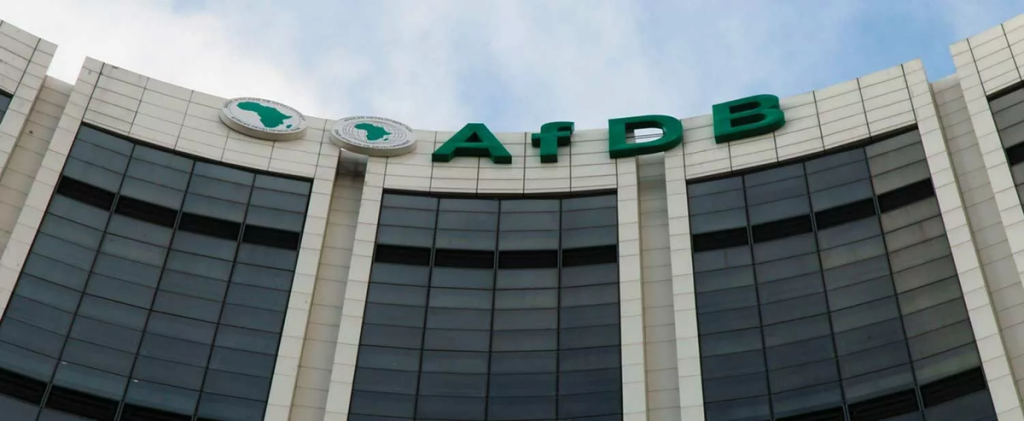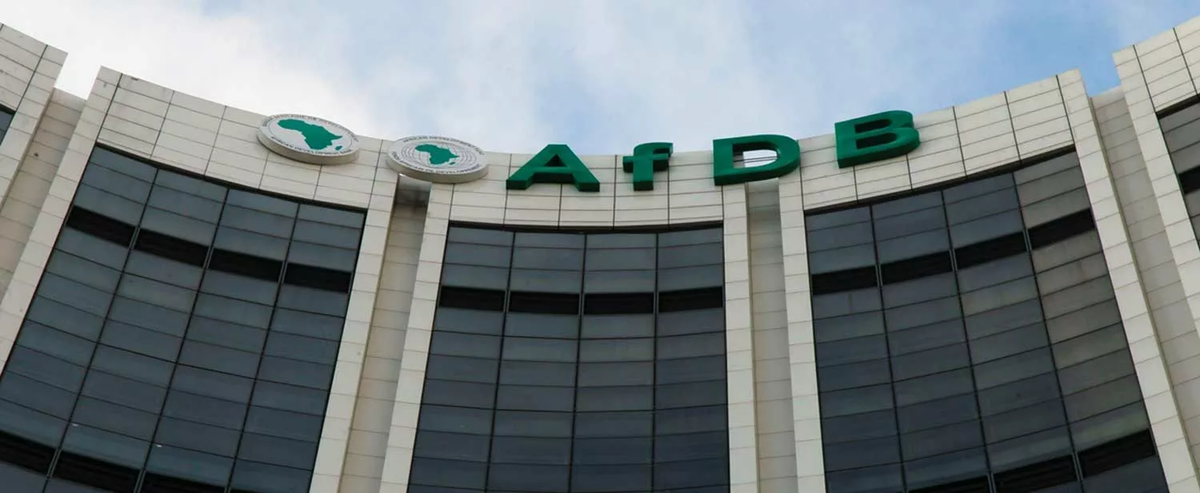The African Development Bank (AfDB) plans to elect a new president this week during its annual summit in Abidjan, Ivory Coast, at a time when the institution faces serious headwinds—chief among them, a proposed cut of $555 million in funding from the United States government.
As Africa’s largest multilateral lender, the AfDB plays a vital role in driving development across the continent. However, analysts say that the upcoming leadership transition could define the institution’s direction as it navigates unprecedented geopolitical and financial challenges.
“This is going to be a major task and it is effectively the new president’s first test,” said Hannah Ryder, founder of Development Reimagined, a consultancy focused on African development.
The funding cut includes the AfDB’s concessional arm, the African Development Fund (ADF), which provides low-cost financing to Africa’s poorest countries. The decision by the U.S. federal government has raised alarm among development experts, who view it as a potential blow to vital projects in areas like infrastructure, health, and education.
Ryder noted that the incoming president will face immediate pressure to fill the financial gap. “The new president will have to try to persuade the U.S. to reinstate the funding, seek additional funds from non-regional members of the bank like China, or Gulf countries like Saudi Arabia or the United Arab Emirates, in return for more say, or ask African states to contribute more,” she said.
The AfDB, co-owned by 54 African countries and a group of non-regional members including the United States, Japan, and several European nations, counts Nigeria as its largest shareholder. The institution operates on a replenishment cycle for its concessional window, with the next round of negotiations scheduled for November this year.

This week’s summit, a key fixture on Africa’s financial calendar, gathers heads of state, finance ministers, and central bank governors. The election will take place on Thursday, with five candidates from South Africa, Senegal, Zambia, Chad, and Mauritania competing to succeed outgoing President Akinwumi Adesina, who completes his second and final term in September.
The voting process requires a dual majority: a candidate must secure 50.01% of votes from the 54 African member states, and separately, from the full 81-member constituency that includes both African and non-African shareholders.
Beyond financial uncertainty, the AfDB must also contend with shifting global dynamics, including the trade and economic policies of U.S. President Donald Trump, who recently returned to office.
“We expect the meeting to discuss implications of current global events arising from the Trump administration,” said Fred Muhumuza, a lecturer at Makerere University’s business school in Kampala. “Many of the key contributors have been cutting bilateral support to African countries, and this could affect multilateral institutions too.”
As the continent looks for strong leadership to steer through volatile waters, the stakes for this week’s election have rarely been higher.


 Trending
Trending 
